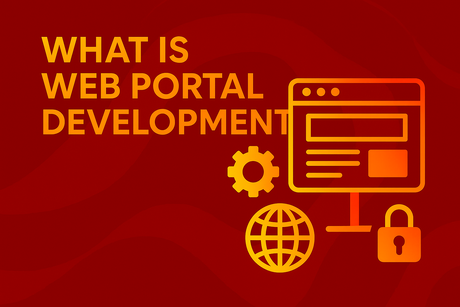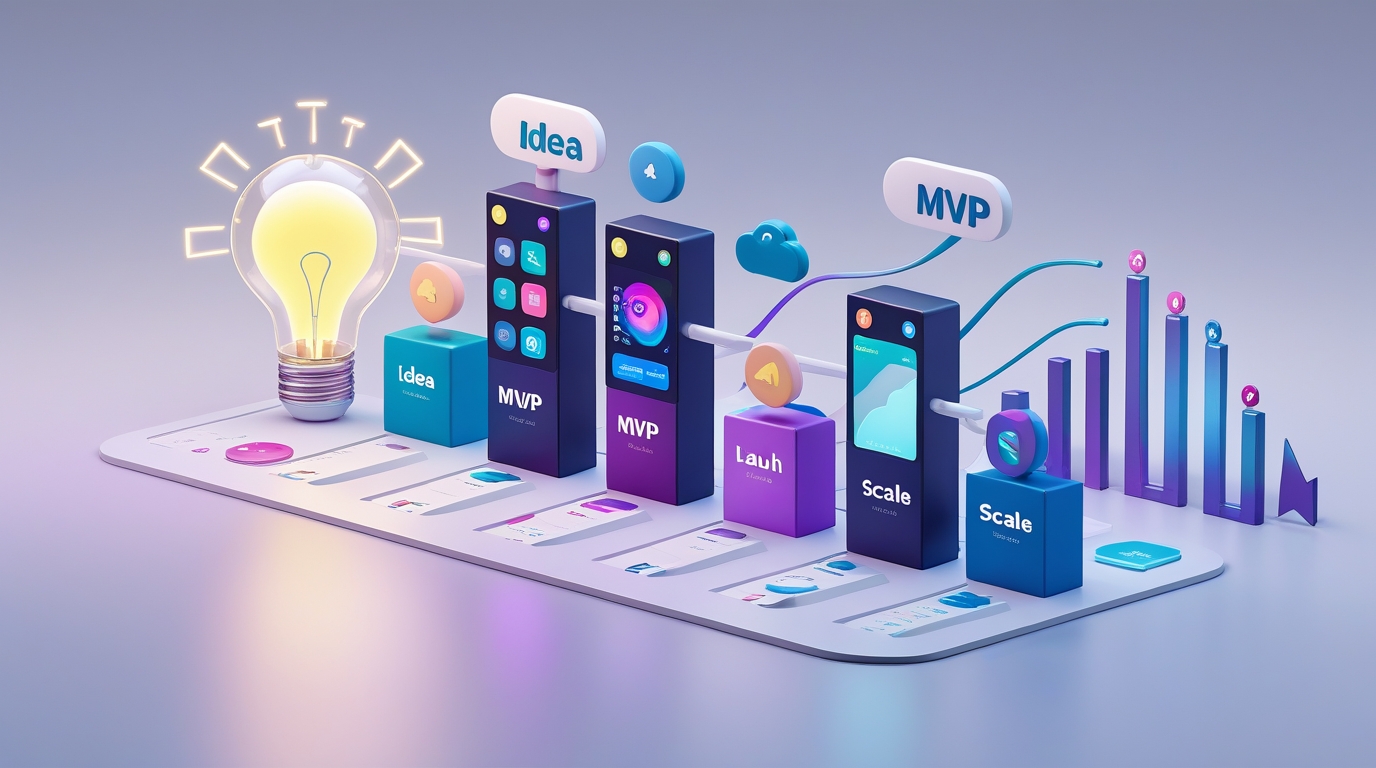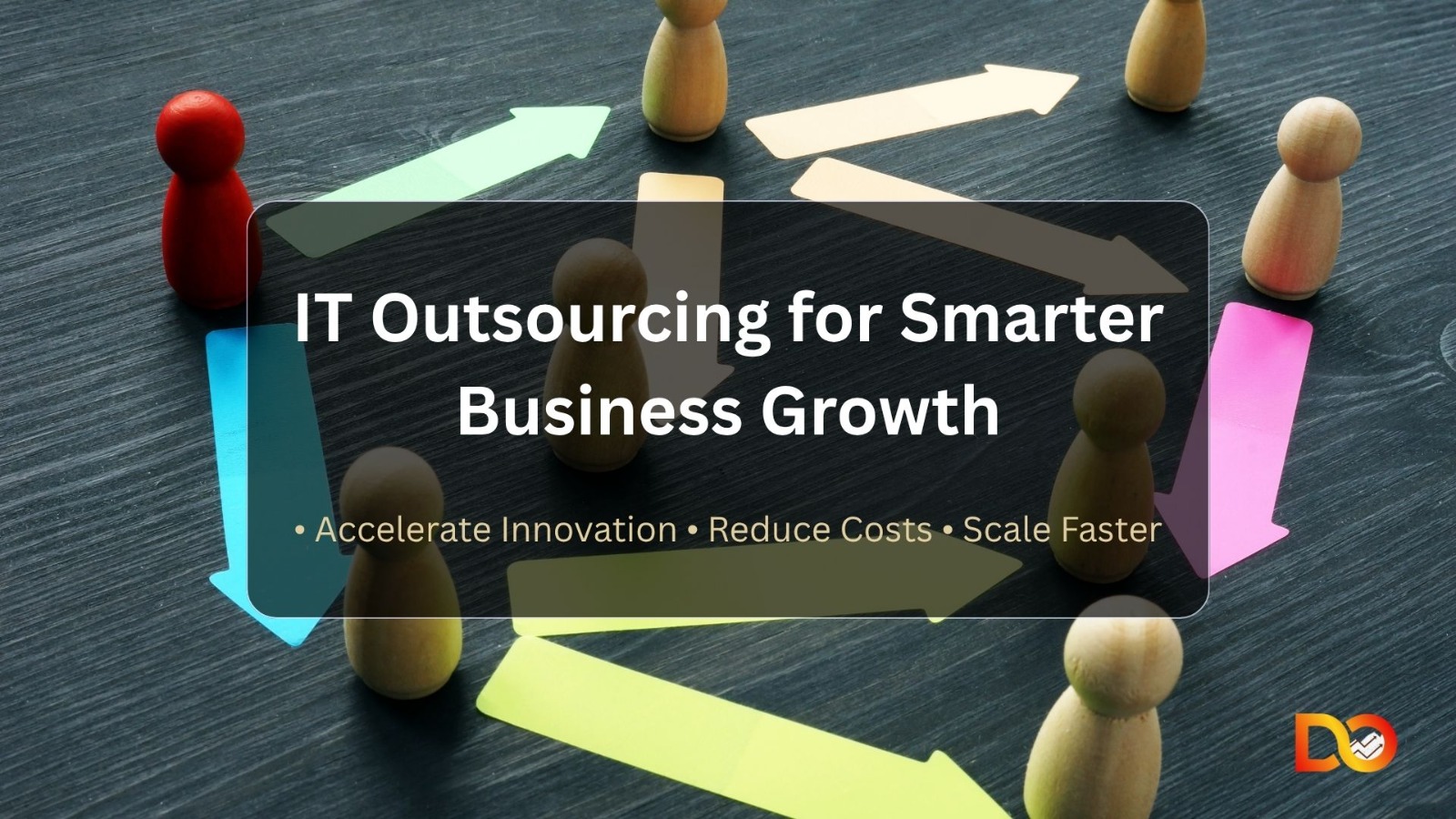In an era where digital transformation defines business success, having a standard website is no longer enough. Organizations need intelligent, interactive platforms that consolidate information, streamline workflows, and deliver tailored user experiences. This is precisely the role of web development.
Understanding Web Portal Development
Web portal development is the strategic process of designing, engineering, and deploying secure, user-centric platforms that serve as a single point of access for targeted audiences—whether customers, employees, or partners. Unlike conventional websites, portals are dynamic, data-driven, and built to integrate seamlessly with internal and third-party systems.
A high-performing portal isn’t just about aesthetics—it’s about functionality, scalability, and user engagement. It must allow authenticated access, facilitate data exchange, and adapt to diverse user needs while ensuring robust security standards.
Core Types of Web Portals
An experienced web portal development company can deliver specialized solutions, including:
- Customer Portals – Empower clients with self-service tools, account management, and real-time support.
- Employee Portals – Centralize internal communication, HR processes, and document collaboration.
- Partner Portals – Streamline collaboration with vendors, suppliers, and strategic allies.
- E-commerce Portals – Provide secure, scalable platforms for online sales and personalized shopping experiences.
The Business Advantages of Web Portal Development Services
Investing in professional web portal development services provides measurable value:
- Centralized Access – All resources, tools, and data in one intuitive interface.
- Personalized User Experience – Tailored dashboards and features that enhance engagement.
- Operational Efficiency – Automation reduces redundancy and accelerates workflows.
- Enterprise-grade Security – Role-based permissions, encryption, and compliance readiness.
Choosing the Right Web Development Company
A skilled web development company does more than write code—it becomes a strategic technology partner. With expertise in modern frameworks, responsive UX/UI design, cloud integration, and security architecture, the right partner ensures your portal is not only functional today but adaptable for future business demands.
In a competitive digital landscape, a well-built web portal can be a decisive competitive advantage—enabling seamless interaction, stronger relationships, and operational excellence.
Frequently Asked Questions (FAQ)
1. What is web portal development?
Web portal development is the process of designing and building interactive, secure platforms—serving as centralized hubs—that deliver personalized content, tools, and data for specific user groups like customers, employees, or partners.
2. What are the benefits of a custom web portal?
Custom web portals streamline access to resources, foster collaboration, enhance user experience with tailored dashboards, improve data security, and can adapt as your business grows.
3. What types of web portals can businesses develop?
Common types include:
- Customer portals for account management and support
- B2B portals for vendor and partner collaboration
- Employee (intranet) portals for internal workflows and documentation
- Admin dashboards and e-commerce portals for operational control
4. What technologies are used in web portal development?
Web portals typically use modern stacks like React, Angular, or Vue for frontend development, and Node.js, Laravel, .NET, or Django for backend. They often integrate with APIs, CRMs, databases, and cloud services like AWS or Azure.
5. How long does it take to build a web portal?
Timeline varies based on complexity—standard portals may take 8–12 weeks, while enterprise-level solutions with advanced integrations can require 4–6 months or longer.
6. How much does web portal development cost?
Costs depend on scope and features. A basic portal might start at around $15K–$25K, while scalable enterprise-grade portals can range from $50K to $200K+, depending on security, integrations, and customization.
7. How do I choose the right web portal development company?
Look for firms with a strong portfolio, deep experience in portal development, transparent agile workflows, expertise in security best practices, and client testimonials that demonstrate successful outcomes.
8. Can web portals be accessed across devices?
Yes. Expert web portal development services include mobile-responsive design and, if required, cross-platform support to deliver a seamless experience across desktops, tablets, and smartphones.
9. How are web portals maintained after launch?
Maintenance typically includes regular security updates, performance monitoring, feature enhancements, backups, and ongoing support agreements to ensure long-term stability and feature evolution.
10. How does web portal development improve user experience?
By centralizing relevant resources in the user interface, offering personalized dashboards, streamlining workflows, and enabling easy access to tools—all of which result in higher engagement and improved satisfaction.







